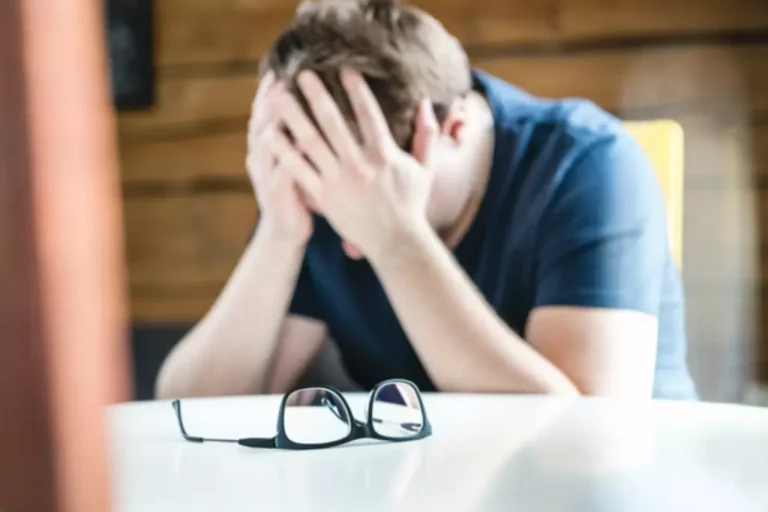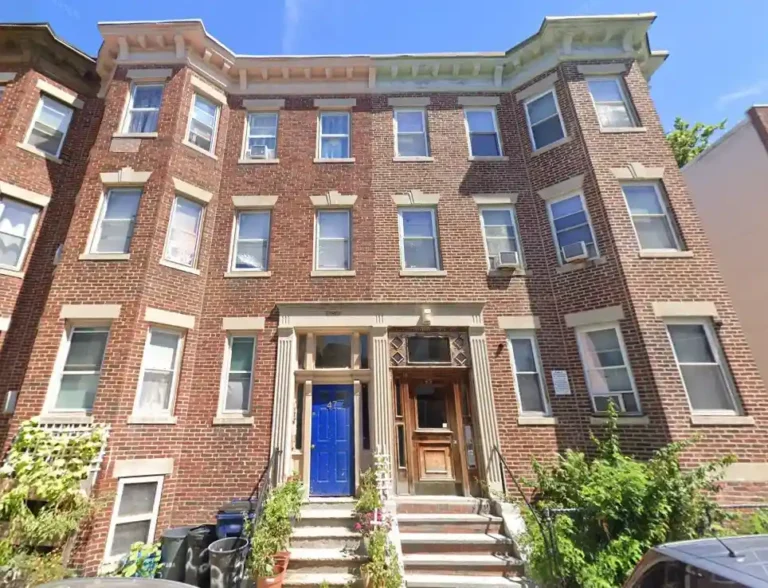
People with AUD may have a higher risk of developing panic disorder, which can cause unexpected, recurring panic attacks. People with AUD may also experience alcohol withdrawal, which can involve physical symptoms of anxiety, such does alcohol cause panic attacks as rapid heartbeat, nausea, and shaking. People with severe anxiety disorders may be especially at risk of developing AUD. A 2022 longitudinal study highlights a bidirectional relationship between AUD and anxiety disorders.
- For a healthy person, that amount of elevation gain may not be noticeable, especially because our bodies have natural adaptation mechanisms.
- People with anxiety disorders may also have a substance use disorder.
- Track how much you’re drinking to help spot patterns so you can avoid triggers – the MyDrinkaware app can help.
- If you are sensitive to the effects of alcohol, these uncomfortable sensations can trigger a panic attack.
- Alcohol also disrupts the delicate balance of chemicals in the brain and body.
- You can become agitated and jittery because your body is busy processing the alcohol, which neutralizes the effect of these medications.
Anxiety and Alcohol: Does Drinking Worsen Symptoms?
When you drink alcohol your brain releases a burst of serotonin that can make you feel euphoric and confident, only to crash when you stop drinking and your serotonin levels are lowered dramatically. If you’re drinking more than the UK low risk drinking guidelines (no more than 14 units a week for both men and women) try to cut down. In fact, if you’re experiencing anxiety, drinking alcohol could be making things worse. When you drink, do you couple this with eating pretzels, pizza or sweets? We tend to pair up our vices, and not only drink alcohol but also eat highly dense, problematic foods. Your body can have an uncomfortable sensation the next day as a result, which can feel like a nervous energy or anxiety.
Risk Factors for Anxiety
But trying to relax with a drink or two may not give you the long-term anxiety relief you want. There are no specific studies that suggest that one type of alcohol can affect anxiety levels more than other types of alcohol. While some people may believe that wine and beer may cause less anxiety than hard liquor due to its alcohol content, this is not true. It’s not necessarily the type of alcohol you drink that can affect your levels of anxiety, but rather anxiety is related to the amount and frequency of alcohol use. Piano recommends consuming no more than one alcoholic beverage over the course of a flight.
Alcohol’s Effects

Alcohol also disrupts the delicate balance of chemicals in the brain and body.
- Research suggests there may be a bidirectional connection between anxiety disorders and AUD.
- If you’re feeling overwhelmed by your anxiety disorder, there are other ways to seek help.
- Studies have shown a different trend of alcohol use in people who are diagnosed with generalized anxiety disorder or panic disorder.
- If a person experiences alcohol withdrawal symptoms, it can create a cycle of heightened anxiety and increased alcohol misuse.
Social embarrassment

Long-term alcohol use also often leads to tolerance, when a person needs to drink more to get the desired effect. For example, a person might have started feeling more relaxed after just one glass of wine. As time goes on, however, they might find they need two, three, or more glasses of alcohol to get the same feeling.
People with anxiety disorders may use alcohol as a coping mechanism, which could lead to alcohol use disorder (AUD). Similarly, those with AUD may have a higher risk of developing anxiety disorders. It is not recommended to use alcohol as a coping mechanism to avoid panic attacks and feelings of anxiety, as this can make the initial problem worse in the long term. About 3.1% of the U.S. population is affected by generalized anxiety disorder, according to the Anxiety & Depression Association of America. If you’re feeling nervous about being in a social setting, you may pour yourself a glass of wine to self-regulate any stress.
What the DSM-5 Says About Addiction
It also discusses how to recognize when you have an alcohol problem and how to get treatment for anxiety and alcohol use disorders. Anxiety disorders are a potential comorbidity of alcohol use disorder (AUD). People with AUD may have a higher risk of developing an anxiety disorder. A 2018 narrative review suggests that 21.9% to 24.1% of people with an anxiety disorder or mood disorder use alcohol or drugs to relieve their symptoms.
Treatment options for alcohol use disorder

Signs include skin flushes and a feeling of being either wound up or very sleepy. But if drinking never ends, and the alcohol use becomes chronic, you might begin to see how anxiety and alcohol misuse can feed into each other. The cabin pressure has stabilized, the seat belt sign is off, and the bar cart is heading down the aisle.
